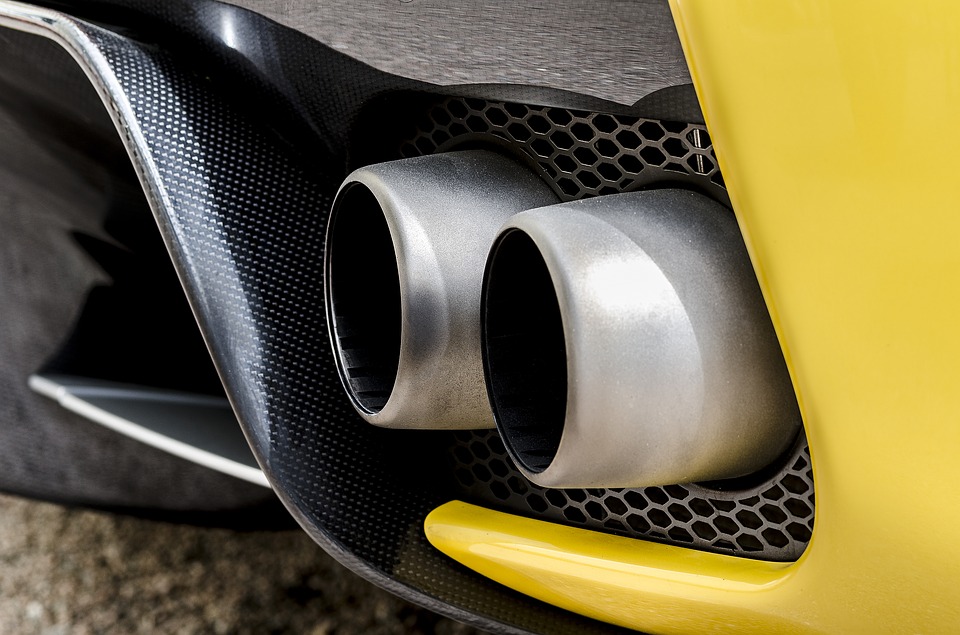On Wednesday, EU legislators will vote for a 45% reduction in harmful emissions of carbon dioxide by 2030, instead of the originally proposed reduction of 30%. This will set the stage for tough negotiations on emissions with national governments this year.
"The more aggressive the targets for reducing CO2 emissions, the more devastating the socio-economic consequences will be," said Erik Jonnaert, Head of the European Automobile Manufacturers Association (ACEA).
ACEA warned that tougher restrictions could slow growth in a sector that employs more than 6% of EU workers.
“The stakes on voting on Wednesday are extremely high for the entire sector,” Jonnaert stressed.
He added that while automakers are investing in electric cars, sales are still low and governments should invest more in infrastructure to charge electric cars and encourage purchases.
However, environmentalists argue that ambitious targets for the transport sector - the only one where greenhouse gas emissions are still rising - are necessary to achieve the overall climate goal of the block to reduce pollution by 40% by 2030 compared to 1990 levels.
Earlier this year, the European Commission discovered evidence that automakers are already manipulating emission data according to new standards, which will come into force in 2020.
Brussels pointed to the “clear risk” that automakers “artificially overestimate” emission indicators in order to achieve a higher baseline emission level in 2020. Future emission reductions will be measured relative to the baseline.
source: reuters.com
"The more aggressive the targets for reducing CO2 emissions, the more devastating the socio-economic consequences will be," said Erik Jonnaert, Head of the European Automobile Manufacturers Association (ACEA).
ACEA warned that tougher restrictions could slow growth in a sector that employs more than 6% of EU workers.
“The stakes on voting on Wednesday are extremely high for the entire sector,” Jonnaert stressed.
He added that while automakers are investing in electric cars, sales are still low and governments should invest more in infrastructure to charge electric cars and encourage purchases.
However, environmentalists argue that ambitious targets for the transport sector - the only one where greenhouse gas emissions are still rising - are necessary to achieve the overall climate goal of the block to reduce pollution by 40% by 2030 compared to 1990 levels.
Earlier this year, the European Commission discovered evidence that automakers are already manipulating emission data according to new standards, which will come into force in 2020.
Brussels pointed to the “clear risk” that automakers “artificially overestimate” emission indicators in order to achieve a higher baseline emission level in 2020. Future emission reductions will be measured relative to the baseline.
source: reuters.com





